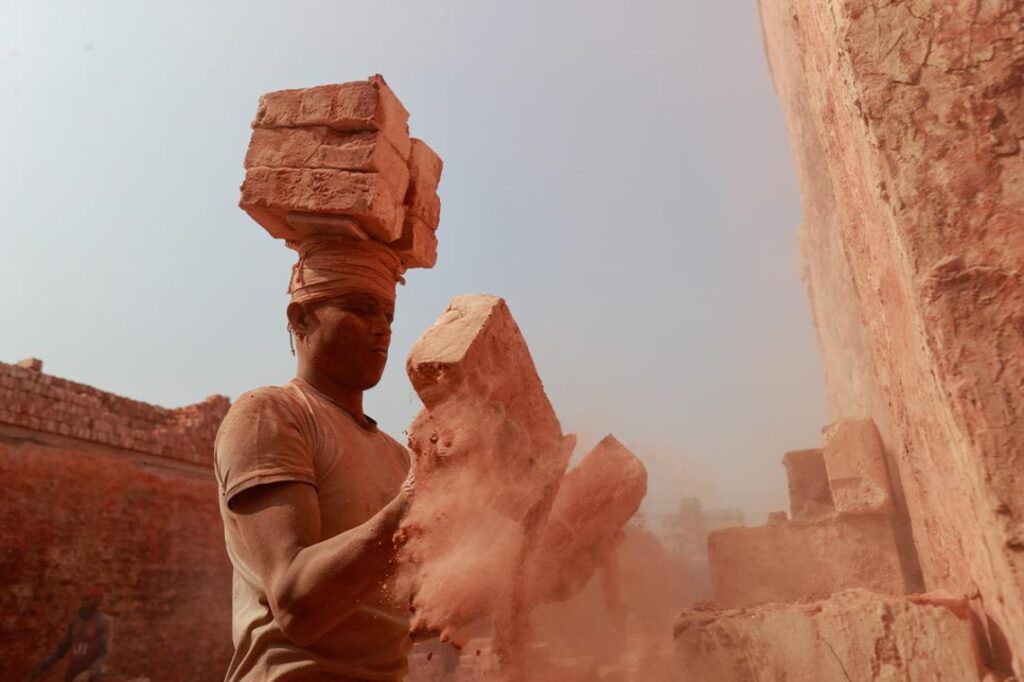
The ongoing rush for critical minerals, essential for national security and energy transition, risks neglecting fundamental human needs. A recent article in Nature highlights the importance of broadening the focus of minerals strategy beyond geopolitical concerns to encompass the needs of all humanity. As countries compile lists of critical minerals, there is a growing recognition that this approach may deepen global inequality.
The term “critical minerals” originated from military and economic strategies, identifying materials vital to a nation’s defense and economy, yet susceptible to supply disruptions. Interest in these minerals surged following a 2010 diplomatic conflict between China and Japan that impacted rare earth exports. Since then, nations including the United States, the European Union, and Australia have rushed to define and secure their own lists of critical minerals.
A significant issue arises from the conflation of critical minerals with those necessary for renewable energy technologies. While many minerals are indeed essential for energy transition, not all are included on critical mineral lists. This confusion limits the discussion to national security and geopolitical tensions, sidelining the broader implications for human development.
The UQ Sustainable Mineral Institute emphasizes that true mineral security should not just focus on supply for advanced industrialized nations. It should ensure that all people have access to the minerals necessary for shelter, clean water, and nutrition. Low- and middle-income countries, particularly in Africa, Latin America, and parts of Asia, often export raw materials but struggle to access the processed products vital for their development.
The concept of mineral security needs redefinition. In the past, natural resources were often framed through a national security lens. However, as Nobel laureate Amartya Sen reframed food security in the 1990s to focus on access and affordability, a similar shift is required for minerals. The goal must be to ensure that people experiencing poverty can access essential materials—such as clay for construction, cement for wells, and mineral fertilizers for agriculture.
This human-centered approach does not negate national strategies; rather, it complements them. Development agencies should integrate minerals into their poverty reduction efforts. Governments need to shift geological surveys and industrial policies to prioritize domestic needs over export targets. Moreover, international partnerships should foster mutual benefits, allowing countries in need of critical minerals to provide support in return to those supplying them.
The United Nations’ Sustainable Development Goals (SDGs), adopted in 2015, aim to eradicate poverty and promote prosperity. Notably absent from the SDGs, however, is any mention of minerals, representing a significant oversight. By 2021, overseas development assistance to the mineral sector had dwindled to just 0.2 percent of global aid.
This gap highlights a broader issue: minerals are often perceived as problems to be managed rather than resources that can address human needs. While mining can pose risks to people and the environment, so can agriculture and energy extraction. The key difference lies in the fact that the latter sectors have begun to center policy around human needs, a shift that should also apply to minerals.
If policymakers were to consider what minerals are necessary to alleviate poverty, the outcome would likely differ significantly from current frameworks. The focus should be on access, affordability, and sufficiency rather than merely supply chain resilience. Ultimately, minerals serve as the foundation not only for technological advancement but also for human dignity.
To pave the way for a just and sustainable future, the discussion must evolve. Rather than asking what minerals are critical to national interests, the focus should shift to identifying which minerals are essential for the well-being of all.





